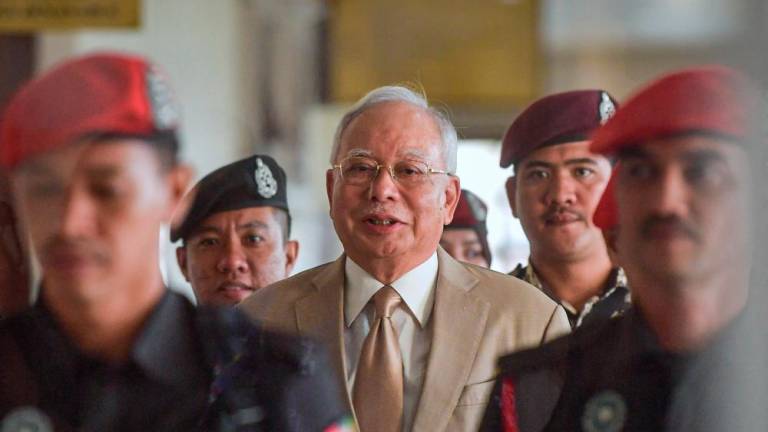The recent 2020 UN Environment Adaptation Gap Report stressed that as temperatures rise and climate change impacts intensify, nations must urgently step up action to adapt to the “new climate reality” or face serious costs, damages and losses.
Hence, it is important that governments, preoccupied with Covid-19 management issues, do not overlook or downplay the equally serious climate change challenges.
The Covid-19 pandemic highlighted the need to measure our “ natural capital” and not just the conventional economic GDP terms. We should assess development holistically.
There must be a focus on preserving our fragile ecosystem, effectively dealing with climate change, pollution, providing fresh water that impacts us in our daily lives.
As a crisis is said to provide a good opportunity for sound changes, our federal and state governments should prioritise and promote “sustainable investments” investment in health, clean energy, housing and infrastructure.
Sound planning and implementation will not only help our economy recover from the Covid-19 pandemic, but deal with dire issues of environment degradation.
At a personal level, simple lifestyle changes include reducing or avoiding the usage of single-use plastics.
Also, having a more plant-based diet is not only healthy, but has an environmentally friendly (meat production has a huge ecological footprint) outcome.
The 2018 UN Intergovernmental Panel on Climate Change warning that we have 12 years to limit climate change catastrophe, highlights the need for people to live in harmony with nature.
The dire outcomes of not dealing with climate change in Malaysia include floods, less food, haze and water shortages.
Hence, economic growth must not come at the expense of uncontrolled climate change.
As Bill Gates warned, climate change is a terrible huge priority problem that absolutely needs to be solved, especially for our next generation.
Steve Ngeow Sze Loong
Kajang












